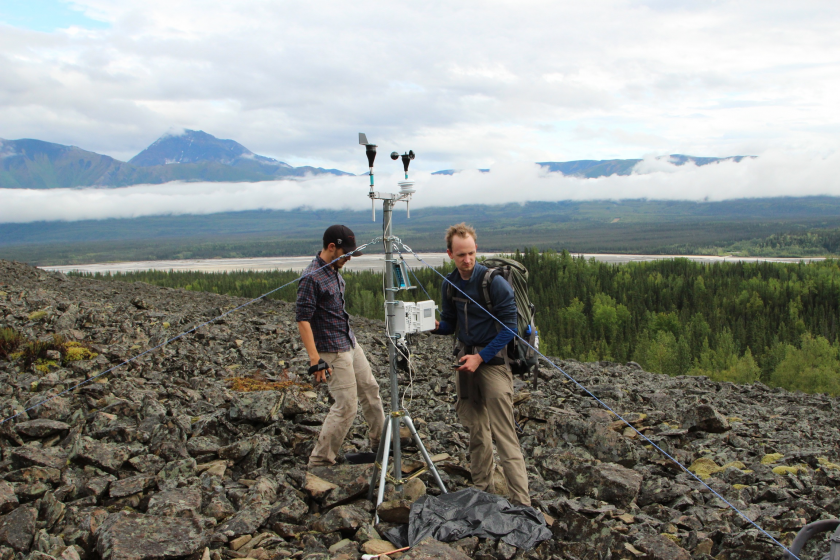Nature Index Finds Jackson School among Top in the Nation
November 2, 2017

The newly released Nature Index 2017 United States has found that The University of Texas at Austin is the third most productive university in the country for Earth and environmental sciences. This top ranking, which is based on publications in the 2016 calendar year, is largely because of the work of the faculty, researchers and students at the Jackson School of Geosciences. UT was ranked fifth among all institutions for Earth and environmental sciences, with the top two spots going to NASA and NOAA.
The Nature Index is a highly respected source for assessing scientific performance. Its database tracks the author affiliations of research articles published in a group of 68 high-quality natural science journals, which have been selected by independent panels of active scientists.
Overall, UT ranked 10th among the nation’s universities and first in Texas for high-quality science publications in 2016. UT had three specialties achieve a top 10 ranking among all universities: Earth and environmental sciences (3rd), chemistry (6th), and physical sciences (9th).
This particular ranking also looked at the productivity of all institutions in 2016 compared to five years before. Over that time, UT’s weighted average in Earth and environmental sciences jumped from 19.7 to 38.4, an increase of 95 percent. This is easily the biggest increase in productivity of any university in the Nature rankings.
“I’m tremendously proud of the faculty, researchers and students that work so hard to make this school one of the top in the nation and the world,” said Jackson School Dean Sharon Mosher. “This is only a snapshot of the work we do, but I believe the Nature Index is indicative of the tremendous and collaborative science being pursued here every day.”
